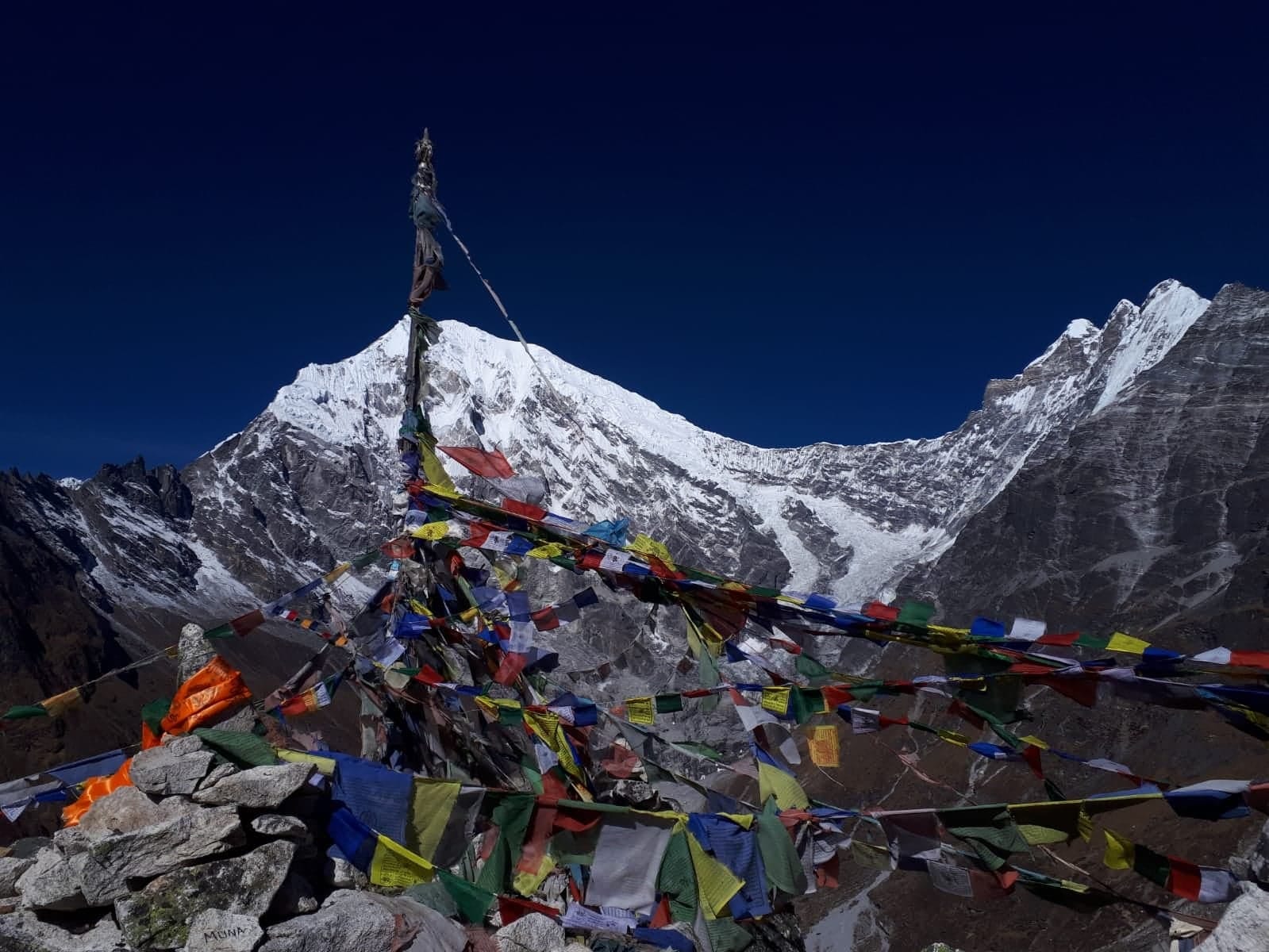Why volunteer in Nepal?
The country of Nepal gets a lot of traction from foreigners. The main reason for this is obvious: the world-renowned Himalayan mountain range, not to forget its peak, Everest. Trekking in Nepal is a dream for all tourists heading there. A quick glance through Thamel, Kathmandu’s main tourist area, is a clear indicator. Almost every other shop offers trekking gear, and enough variants thereof anyone could hope for. Nepal has a type, and that type is adventurers. Yet, braving the Himalayan heights is not the only source of excitement Nepal has to offer. Volunteering is trekking’s much more rewarding, but demanding, alternative. To come and volunteer in Nepal is a challenge, but one certainly worth undertaking. And a necessary one above all.
Why Nepal?
The country’s popularity as a tourist attraction throws a veil on the structural problems that persist, despite years of development initiatives. The 2015 earthquake did not do much to help resolve them. Most travellers’ first, and sometimes only, perception of Nepali life is through the city of Kathmandu, which offers an unrealistic impression of the conditions in the rest of the country. Yes, pollution is still a big problem, and infrastructure needs some definite improvement. But Kathmandu’s wealth, cultural heritage, changing norms, and overall westernization give it a very progressive and promising appearance. Moving to the outskirts of the country’s capital, however, displays a different truth. Sanitation, for instance, is a big problem for the rural Nepalese population. Clean drinking water is in short supply, and overall hygiene is lacking. But so are women’s rights, risk management, reconstruction, environmental preservation, education and overall youth development opportunities. Volunteers Initiative Nepal (VIN) aims to intervene in all of these areas. Moreover, it does so by empowering communities to give them agency in changing their situation.
The Benefits of Volunteering
For the local community, these efforts of empowerment reap definite benefits. Today’s development fad is ‘capacity-building’, and VIN’s take on it is admirable and inspirational to say the least. VIN has adopted the principles of ‘holistic development’. This means it places its volunteers within the same communities, where their different projects complement each other. Their focus on capacity building gives the local population the means to better their own standards of living, as well as pursuing development on their own initiative. To use volunteers for this end is a deliberate intent. Indeed, this results in work through skill sharing rather than material or monetary donations. The involvement of volunteers working in association with local communities ensures a more sustainable form of development, with lasting consequences.
Why Volunteer?
For the volunteers, participating in this empowerment effort is indeed a challenge. Placement within a local family reveals how the majority of Nepalese still lives, and how Kathmandu might have fooled them. It confronts them with a culture very different to their own, where eating rice for breakfast is just the first adjustment to make. Aside from obvious communication difficulties, remaining silent in the face of women’s place in more tradition-bound communities can be an arduous task. There is, however, a lot of humility to be learned in bowing to these customs. When it comes to the volunteering work, the adventure takes on a different dimension. The physical effort of reconstruction might be the most straightforward challenge, but earning the community’s women’s trust, the children’s respect of , and finding ways to make your impact last are where the real difficulties lie. However, volunteering is an extremely satisfying experience. Managing its responsibility, as well as implementing the work correctly, can have a great impact on a community. Not much else is as meaningful. VIN is just one of the many volunteering agencies present in Nepal, but its approach makes it stand out from the others; not only does it promote an effort of real integration, it also gives insight into a new approach to development work, the appropriately-named concept of ‘holistic development’
By:Yannick Overzee


 Member of
Member of